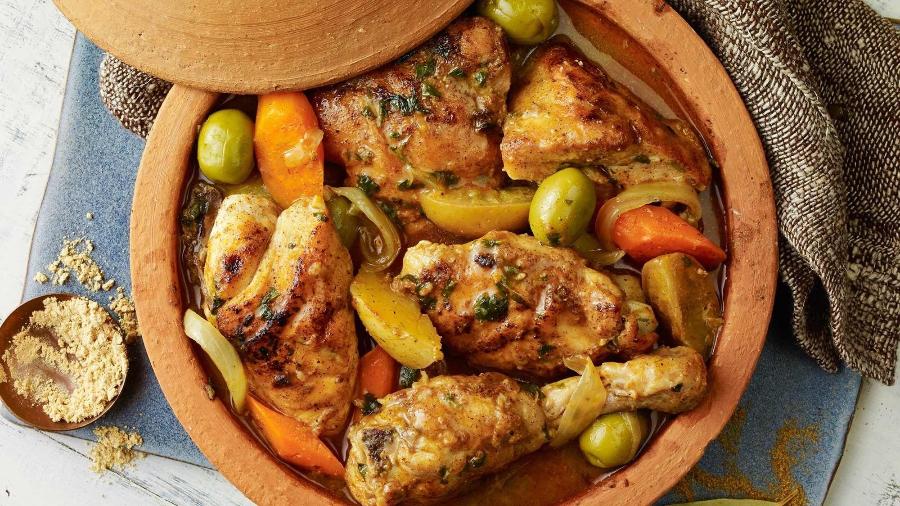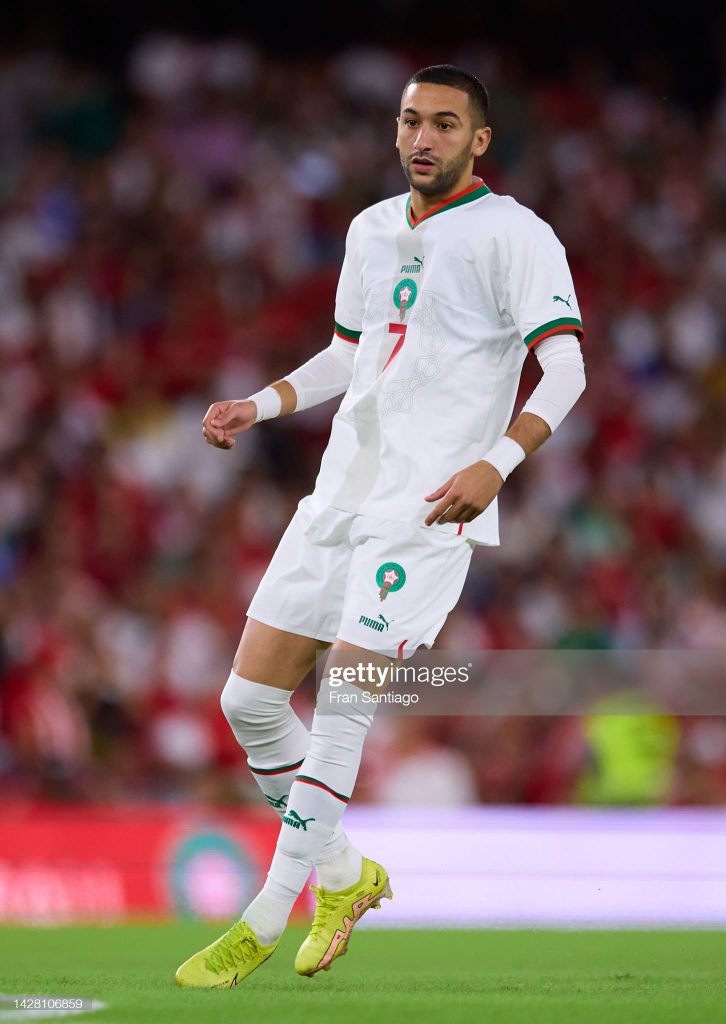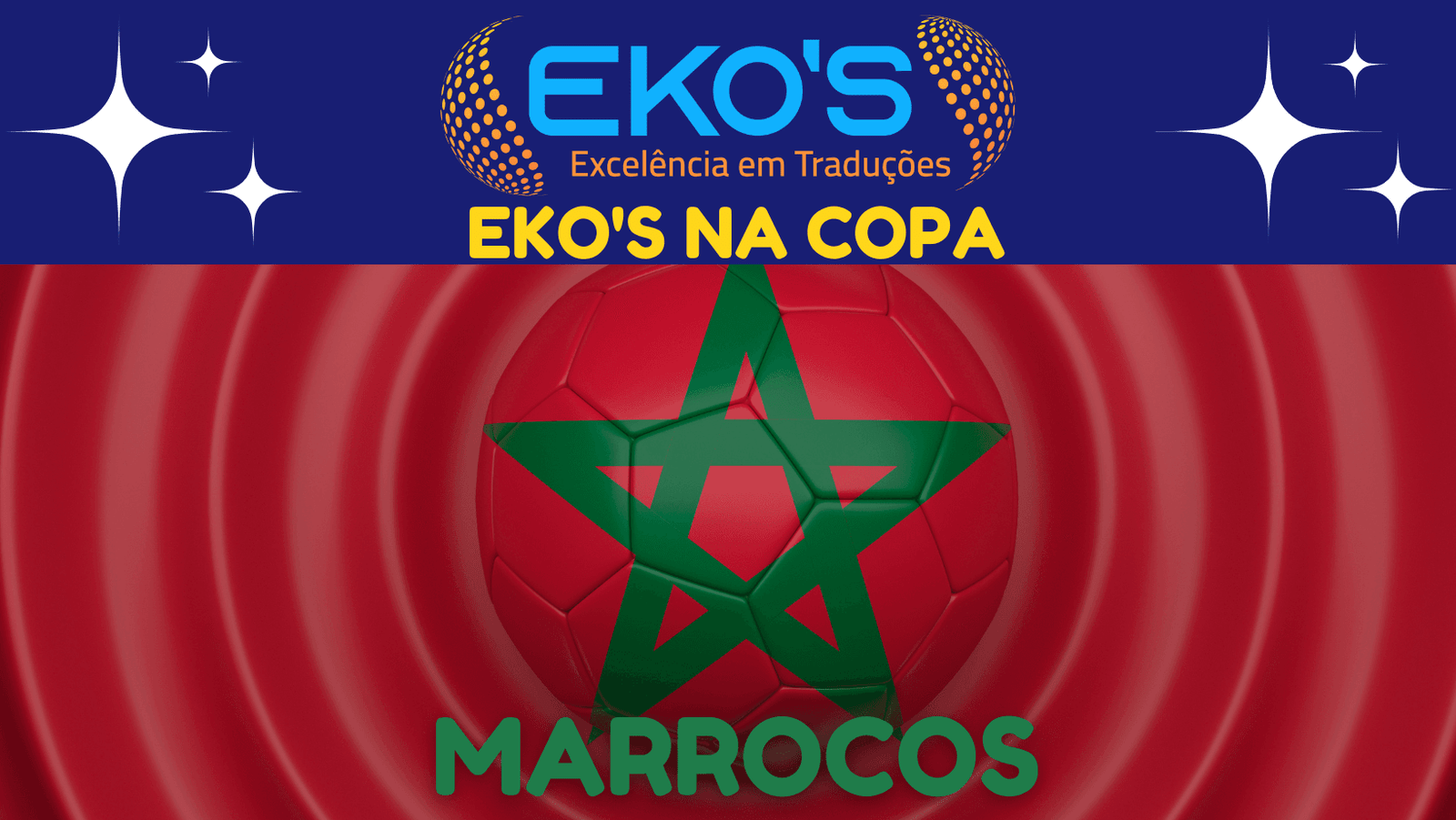Today Eko’s in the World Cup will talk about Morocco, a country in the North of Africa.
MOROCCO
- Name in its native language: المغرب
- Language: Arabic
- Capital: Rabat
- Currency: Moroccan Dirham (BRL 0.49 – exchange currency on 09/26/2022)
- Main player: Hakim Ziyech
- Typical food: Tagine
Curiosities
Over the course of its history, Morocco was once under the domain of Spain and France, and its independence is relatively recent. In 1956, France recognized Morocco’s independence and, in the same year, Spain gave back the Moroccan territories occupied by the Spanish. In 1962, Morocco established its regime as a Constitutional Monarchy: the Legislative Power has a house with 333 members, while the king has the Executive Power, which gives him the right to appoint and exonerate the prime minister.
The current king is Mohammed VI, and his ruling is different from that of other Muslim countries. He is known in Morocco as the king of the poor, and it is common to find his framed picture at the entrance of business establishments. Mohammed VI ensured women the same rights as men, particularly regarding marriage. In the previous reign, only men could file for the dissolution of the marriage, but in the reign of Mohammed VI, women also have this right.
In Morocco, they have the souks, big street markets where products have no defined prices. Negotiation is common in Moroccan culture, so if someone wants to buy something, it is necessary to negotiate with the seller in order to arrive at a mutually acceptable price.
Cats are very common in Morocco, and can be found everywhere, as there is a legend that says that the prophet Muhammad loved cats and preached to his followers with his kitten Muezza always on his lap. Dogs, on the other hand, are not found in the country, since, according to the laws of Islam, they are impure animals.
Morocco is one of the countries that cover the Sahara desert. The Sahara has approximately 9,200,000 km² and extends through 11 countries in Northern Africa. In Morocco, it is common to have guided desert tours.
The Moroccan economy is based on agriculture, with the production of wheat, corn, barley, cotton, among others.
The language spoken in Morocco is Arabic, but, in some regions, it is common to find people who speak French or Spanish due to the colonization. However, in the spoken language, Moroccan Arabic is very different from standard Arabic. Moroccans understand standard Arabic, but Moroccan Arabic is usually not understood by those who do not master the language, which is why, in case you need a translation from the Moroccan Arabic, you should ideally talk to a translation company in order to determine what language was used in the document.

In Morocco, drinking tea is very common at any time and occasion; alcoholic beverages, however, are hard to find, once consuming alcohol is forbidden by the Islam. Moroccans also use varied spices and herbs in all of their dishes.
One of the main dishes in Moroccan cuisine is the tagine, a beef and vegetable stew made in a clay pot with the same name of the dish. Normally, chicken or lamb are used, although there are also vegetarian versions of the dish, and spices such as clove and cinnamon are used, always with a slice of bread on the side.
The Moroccan team has little chance of qualifying for the second round. Its main player is Hakim Ziyech, who plays for Chelsea. Ziyech is a left-footed midfielder who plays on the right, always looking for an opportunity to take the ball to the middle and finalize. He has been losing space in Chelsea and, this season, he hasn’t been a starting player in any of the games yet. With the team, he has 17 goals in 40 games. Morocco cheers for the midfielder to enter the Cup in a good phase, so the country can have a good campaign.

This was Eko’s in the World Cup – Morocco. If you liked it, follow our social media (Instagram: @ekostraducoes / LinkedIn: ekostraducoes) and come back tomorrow, when we will talk about Croatia.

